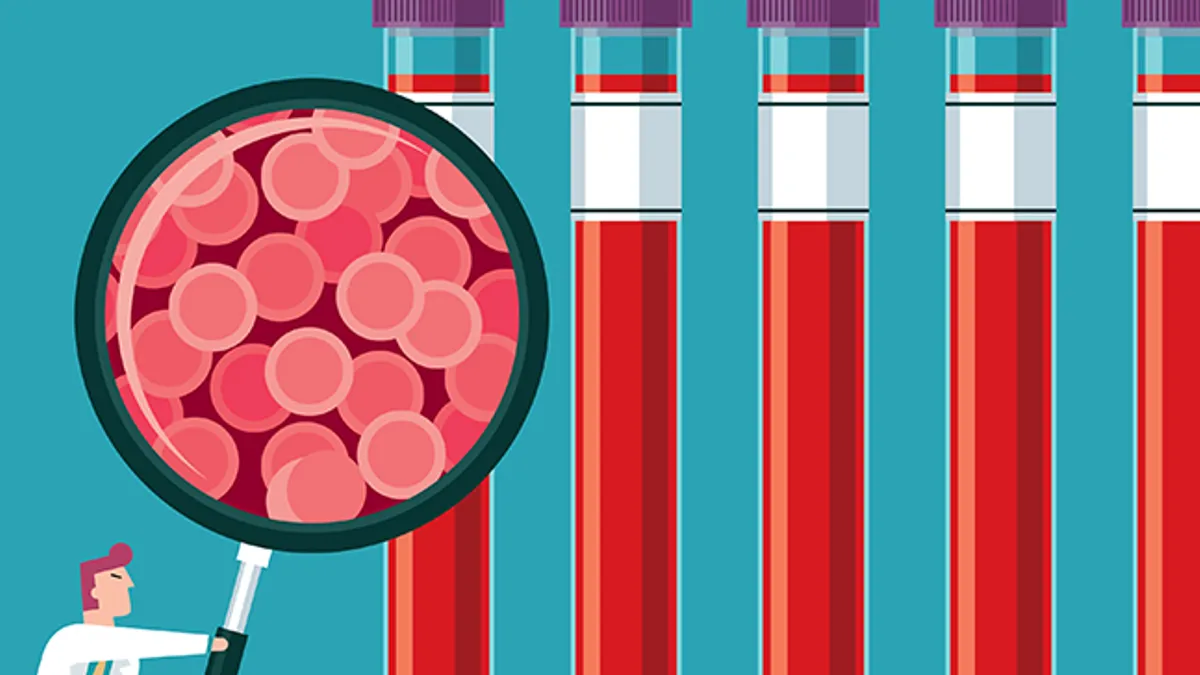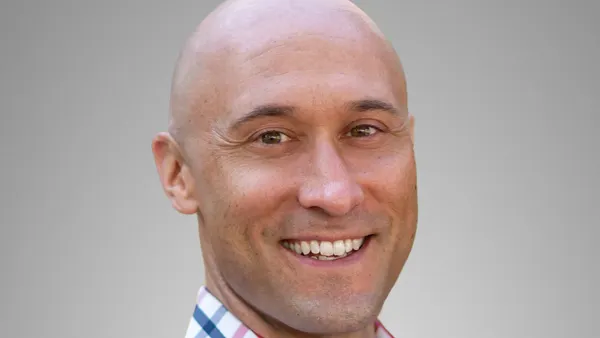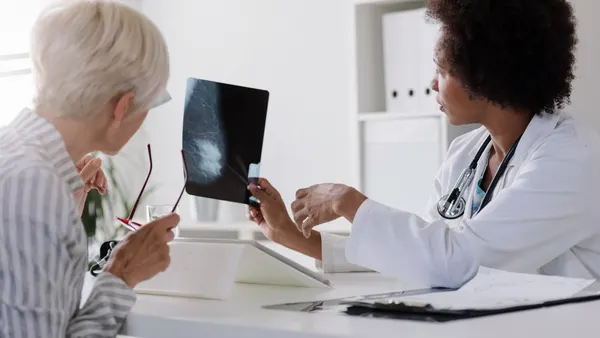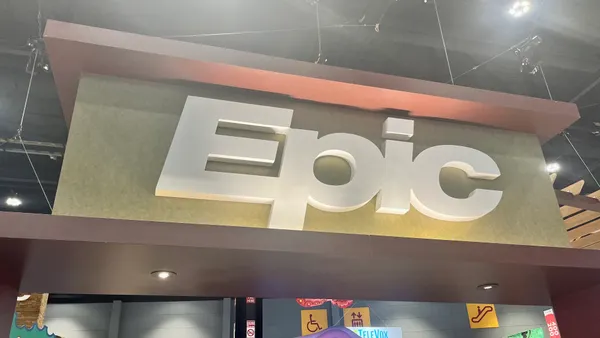Dive Brief:
- Researchers at Stanford University School of Medicine have created a system for capturing and analyzing thousands of molecules from a single drop of blood.
- The claims are reminiscent of the ultimately debunked hype generated by Theranos, but unlike the secretive startup, they have published details of their work in Nature Biomedical Engineering.
- In the paper, the researchers describe the use of a Mitra device to collect 10 μl blood samples for multi-omics analysis. While noting that stability is an issue for some analytes, the scientists see potential to combine the approach with wearables for dynamic health profiling.
Dive Insight:
Elizabeth Holmes, who dropped out of Stanford, founded Theranos and made claims about its technology only for the business to collapse and lawsuits to begin amid evidence that the system never worked as described. Now, a Stanford group led by genetics department chair and senior author Michael Snyder is trying to make generating health insights from tiny volumes of blood a reality.
“I call it ‘Theranos that works,’” Snyder told The Stanford Daily. “What we’re trying to do is measure thousands of molecules so we get a much clearer picture of what’s going on. We can follow your metabolic markers, your immune markers, even some neurological markers that can give insights into your mental health.”
Today, blood tests need at least 10 ml samples, making frequent collections burdensome and expensive. As such, tests are often performed months apart. Finger prick blood drop collection would support more frequent testing but studies have found existing techniques such as dried blood spot sampling can only analyze a limited number of molecules and suffer from reproducibility problems.
The Stanford researchers have tried to overcome those challenges. In proof-of-principle studies, the team tracked metabolic and immune responses after eating and quantified the thousands of molecular changes that occurred in an individual over one week.
Snyder has set up two companies to commercialize the research. One company, Rhythm, is working to find markers that support the diagnosis and treatment of COVID-19 and chronic fatigue syndromes. The other startup, Iollo, is preparing to sell a consumer test for more than 500 metabolites.













